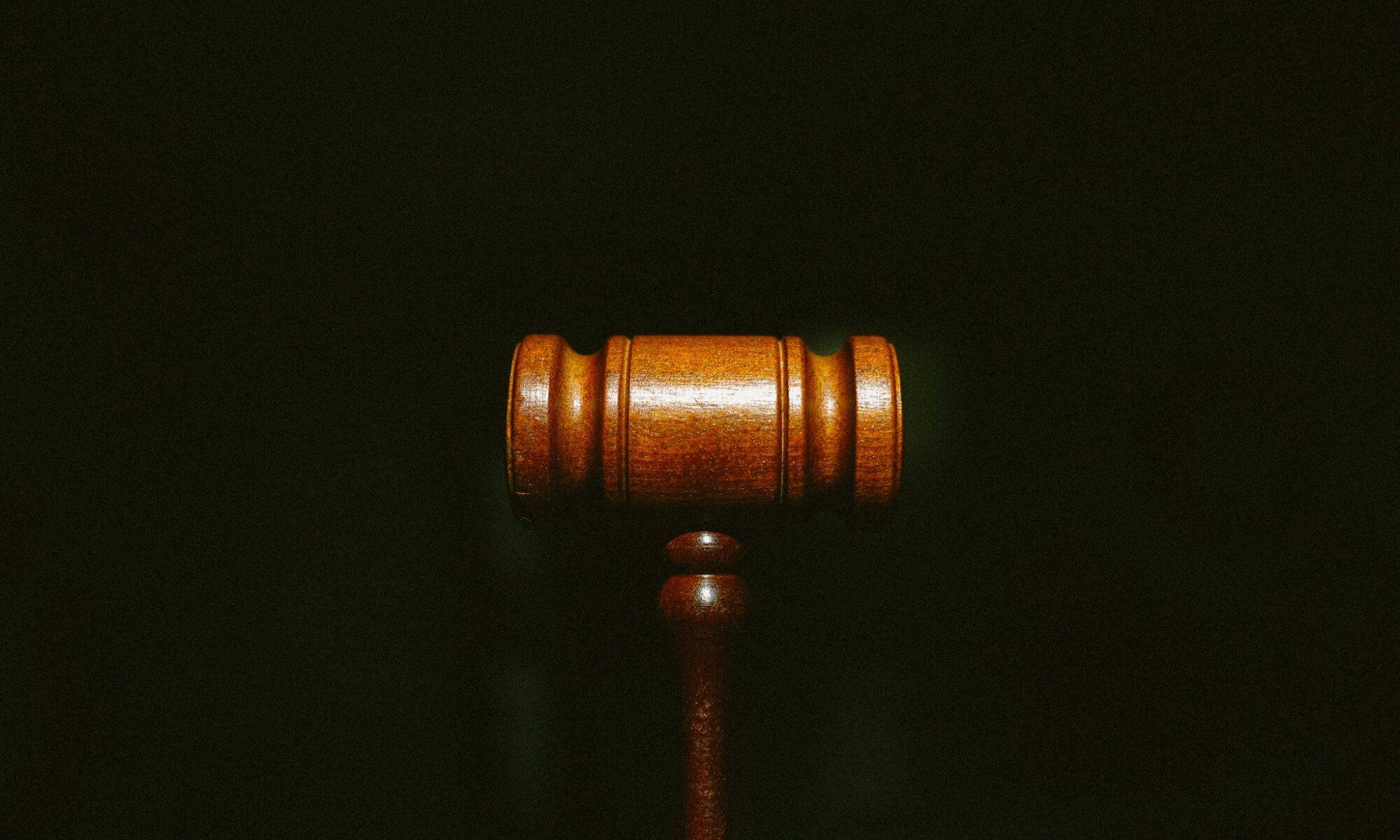Unfolding through the folds of time, a profusion of personal injury cases, marked by high stakes and higher controversies, have reverberated through the societal landscape. They’ve not merely tiptoed along the edges of personal injury law but, with a seismic shift, have nudged its boundaries. These momentous court battles have etched enduring impacts, not only in the halls of law but have rippled out, touching society, legislation, and the practice of law. Prepare to embark on a journey through the annals of legal history as we sift through the labyrinth of details and ramifications in five of the most contentious personal injury cases known to humankind.
First, we drop the gavel on the case that brewed a storm in a coffee cup, the McDonald’s Hot Coffee Lawsuit. At the heart of this roiling controversy was Stella Liebeck, aged 79 in 1992, whose accidental encounter with a scalding cup of McDonald’s coffee led to third-degree burns, extensive medical intervention, and a whirling legal battle. The lawsuit’s nucleus was the accusation of negligence, aimed squarely at McDonald’s for serving piping hot coffee. The jury awarded Liebeck a jaw-dropping $2.86 million, later pruned to $640,000 by the judge, ending in an undisclosed settlement between the parties. This case sparked off a hurricane of public outrage, invoking imagery of frivolous litigation and spiraling damage awards. It, however, served to stir a nationwide discourse on product safety and corporate accountability.
The O.J. Simpson Civil Trial pulls up next in this grand parade of cases. The backdrop is 1994, when the famous NFL athlete, O.J. Simpson, skated free in a criminal trial for the murders of his ex-wife, Nicole Brown Simpson, and her friend, Ron Goldman. This victory, however, was marred by a persisting belief of Simpson’s culpability. A wrongful death lawsuit ensued, filed by the families of the deceased, culminating in a 1997 verdict that saw Simpson held liable for the deaths, resulting in $33.5 million awarded as damages. This case underscored the power of civil justice when criminal justice failed to deliver, illuminating the gulf between civil and criminal trials.
Our narrative then veers towards Erin Brockovich and the PG&E Lawsuit, a spectacle of environmental law meeting personal injury. Brockovich, a legal clerk in the early 1990s, unearthed a chilling link between contaminated groundwater in Hinkley, California, and Pacific Gas & Electric Company (PG&E). This unwholesome alliance gave rise to numerous health maladies, including cancer, among the town’s inhabitants. Aided by attorney Ed Masry, Brockovich constructed a lawsuit against PG&E, culminating in a $333 million settlement in 1996, a record for a direct-action lawsuit. This case served to spotlight corporate environmental responsibility and the instrumental role of personal injury lawsuits in effecting meaningful change.
The penultimate case on our docket is the NFL Concussion Settlement. This case unfolded against a rising tide of concern surrounding traumatic brain injuries and concussions in NFL athletes. Many a retired player came forward with harrowing tales of lasting neurological and cognitive impairments tied to recurrent head injuries. In 2011, a class-action lawsuit was initiated against NFL, alleging a lackadaisical attitude towards player safety and failure to apprise them of the associated risks. Culminating in a $765 million settlement in 2013, the case drew flak for the perceived inadequacy of compensation in light of NFL’s sizeable revenue and the ongoing medical issues plaguing the ex-players.
At long last, we enter the intricate tapestry of the BP Deepwater Horizon Oil Spill saga, a tale of environmental devastation and a gargantuan legal showdown. The year was 2010, April, to be precise. The Deepwater Horizon, an oil rig with BP as its overseer, experienced a catastrophic combustion in the Gulf of Mexico’s vast expanse. The aftermath? An oil spill of unprecedented proportions seeping into U.S marine territories, an occurrence etched indelibly into American history. The explosion, merciless in its fury, claimed 11 lives. Approximately 4.9 million barrels of oil poured into the ocean, like a blackened, nefarious river, systematically annihilating the ecosystem and plunging the regional economy into a state of despair. Numerous lawsuits sprouted, targeting BP and other involved parties. In 2012, BP settled with private plaintiffs for $7.8 billion, pled guilty to criminal charges, and coughed up $4 billion in penalties. This case underlined the exorbitant costs tied to large-scale environmental disasters and personal injury litigation’s pivotal role in holding corporations to task.
In this kaleidoscope of personal injury cases, we see the indelible marks left on our society. These cases have molded the contours of legal practice and continue to be the winds of change in personal injury law.
Delving into the public discourse, one wonders, what fuels controversy in personal injury cases? The fulcrum usually rests on high-profile participants, hefty settlements, and contentious legal entanglements that ignite public debate.
What propels certain personal injury cases into the limelight? Factors such as the involved parties, the quantum of damages, and unique legal issues can fan public interest.
Can large settlements give rise to frivolous lawsuits? While critics argue they might, others counter that hefty settlements serve to penalize negligent parties and ward off future misconduct.
How have these contentious cases molded personal injury law? By laying down legal precedents, influencing legislation, and heightening public awareness, these cases have sculpted personal injury law.
Can high-profile personal injury cases cause changes in industry practices or regulations? Indeed, as they often spotlight areas necessitating improvement to safeguard public health, safety, and the environment.

